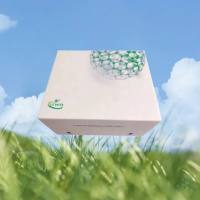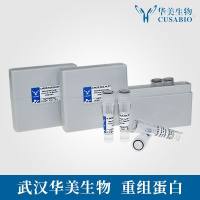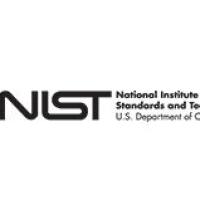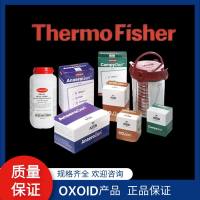Dendritic cells (DCs) are now recognized to play the key role in the development of adaptive immunity by promoting activation of na�ve T cells. Herein, we describe the methodologies to investigate how DCs can be modified by an environmental toxicant and subsequently influence immunity. The prototypic toxicant used as an example for altering DC development and functional influences on T cell development is lead (Pb). It has been reported that the environmental exposure to Pb enhances IgE production in children, which leads to an increase in the incidence of asthma. This effect has been suggested to be due to the preferential enhancement of helper T cell type 2 (Th2) cell responses by Pb. The predominant promotion of Th2 cell development is posited to be due to the altered characteristics of the bone marrow (BM)-DCs from Pb-treated mice (Pb-DCs) when compared to those of the BM-DCs that develop from progenitors in the absence of Pb. The Pb-DCs have a different immunophenotype as well as different cytokine expression after activation. In vitro and in vivo studies confirm that Pb-DCs have the ability to promote antigen-specific T cells to Th2 cells, favoring type-2-related humoral (HI) and cell mediated (CMI) immunity, which may be extracellular signal-regulated kinase (Erk)/mitogen-activated protein (MAP) kinase pathway dependent.






